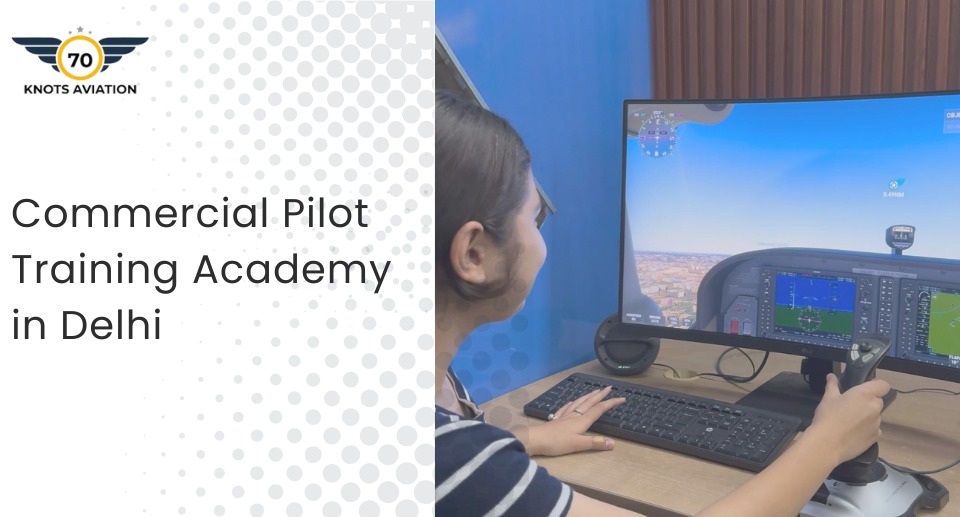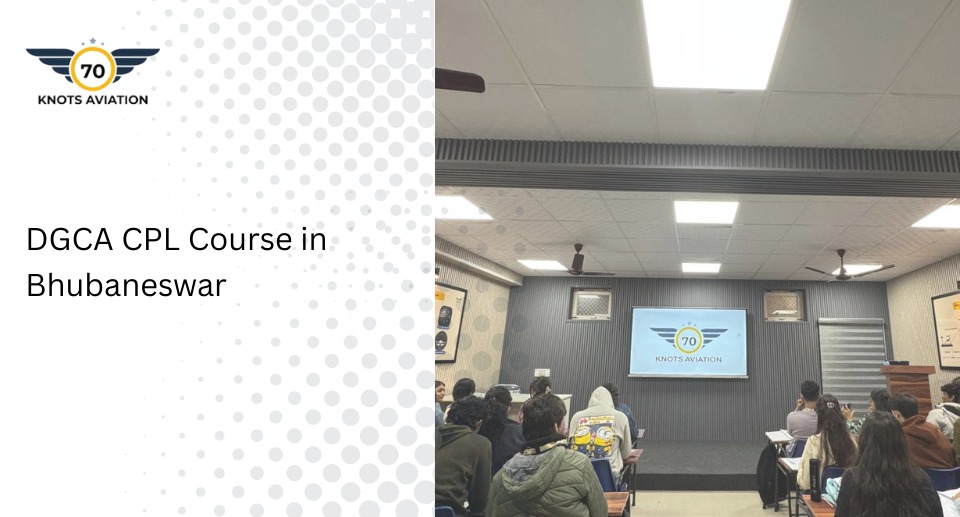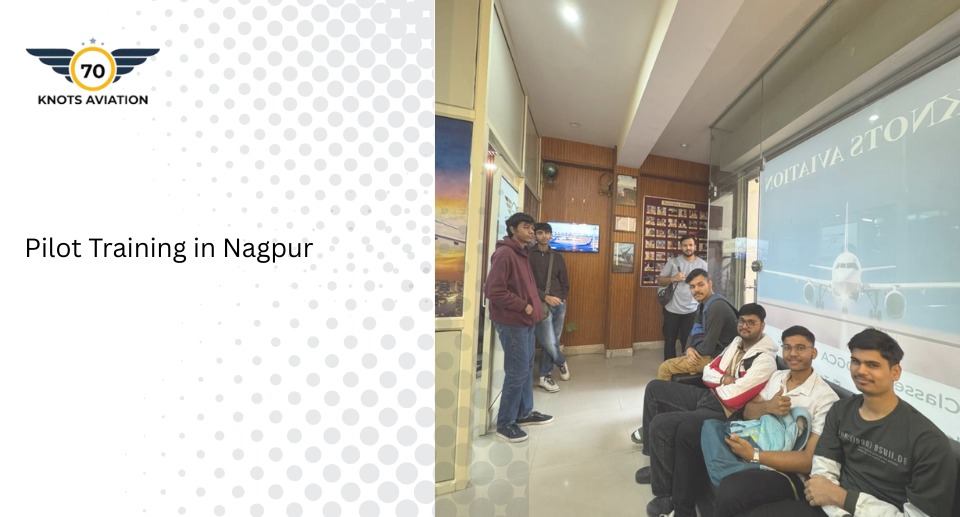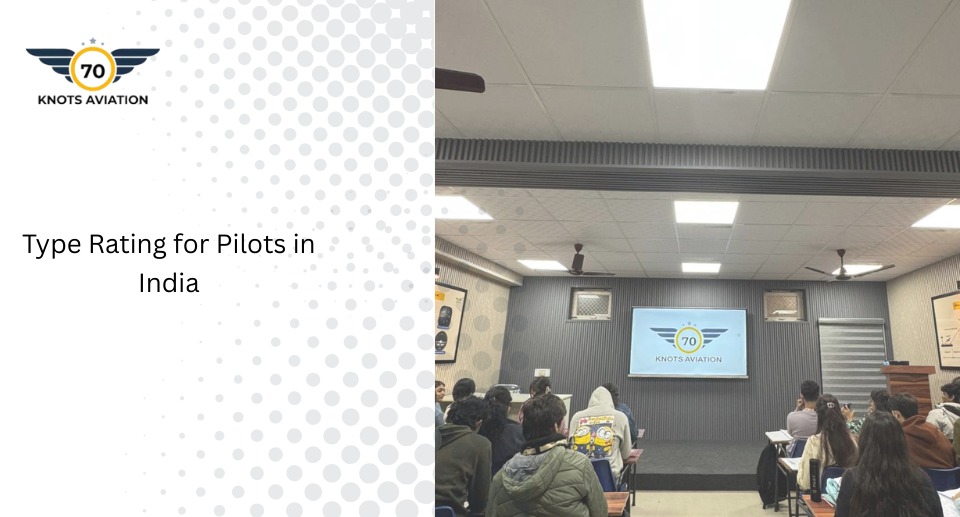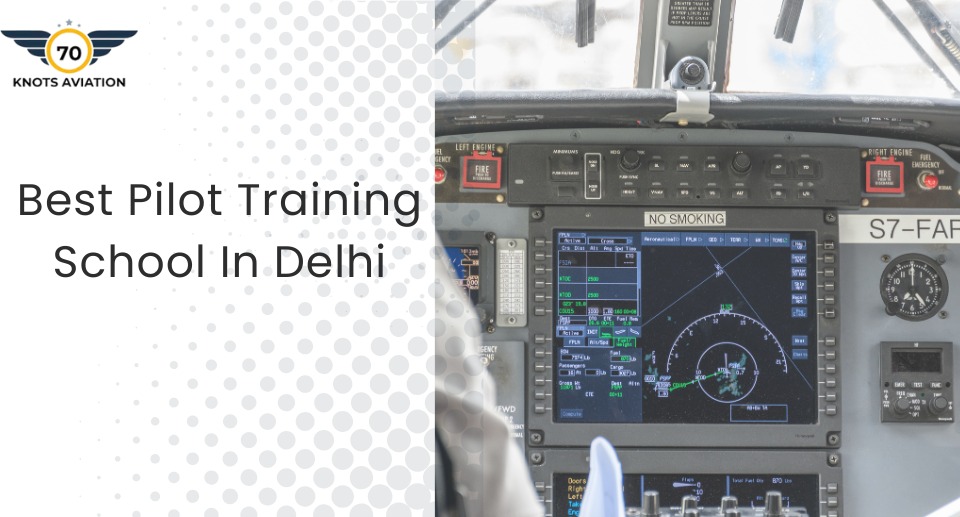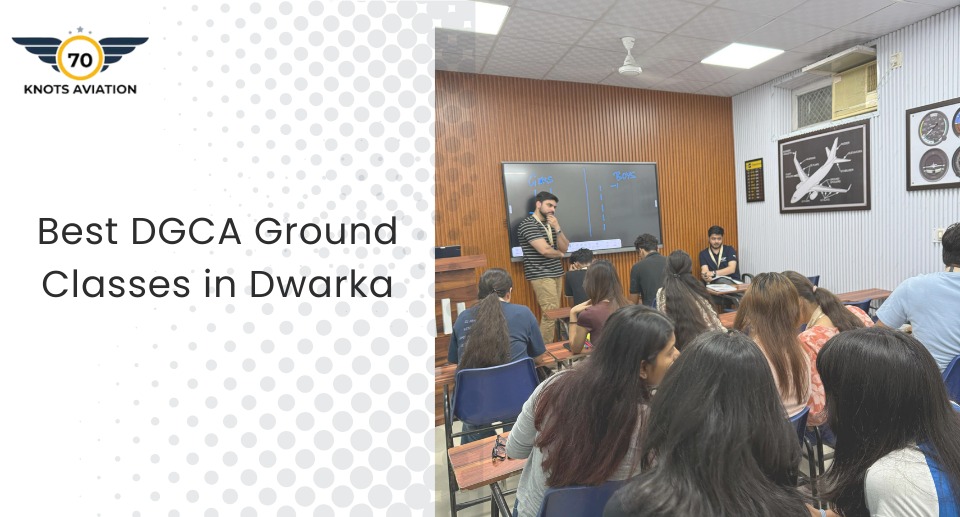Commercial Pilot License in Delhi: Start Your Journey with 70 Knots Aviation
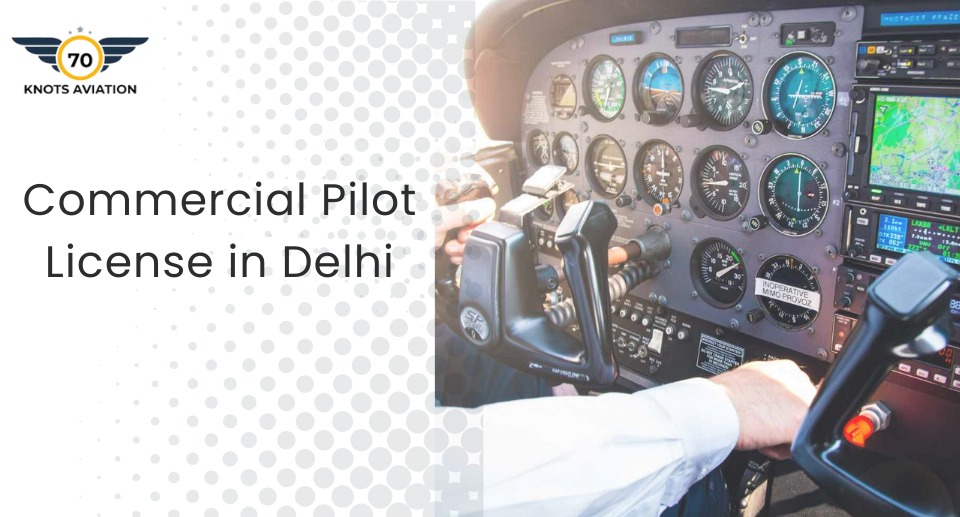
Flying’s not just a thrill‑ride; it’s a job that many kids in India dream about. Getting a commercial pilot license in Delhi, though, seems to be the first real move for folks who actually want to sit up there. Delhi’s got the big flight schools near the airport, teachers who’ve logged thousands of hours, and a buzzing air‑traffic scene that feels alive every day. Still, the price tag can be steep—families often scrape together cash or take loans, and the competition’s fierce. So while the path looks bright, it isn’t without its bumps.
Why Delhi—and Why 70 Knots Aviation?
When you search for CPL courses, Delhi consistently tops the list—and with good reason. It’s home to the Directorate General of Civil Aviation (DGCA) headquarters, major airports, and a closely knit community of flight schools and instructors. I’ve spoken to several students who’ve trained in Delhi, and the big advantages they cite are better networking, direct DGCA guidance, and the chance to learn alongside candidates vying for jobs with India’s biggest airlines.
At the heart of this training scene is 70 Knots Aviation, a ground school with an energetic and passionate faculty. Established in 2015, they’ve already inspired hundreds of pilots to clear their DGCA exams and launch their careers. 70 Knots stands out not just for their exam results, but for how they care about each student—they offer one-on-one mentorship, customized learning plans, and plenty of motivation right from your first day to licensing.
What Exactly Is a Commercial Pilot License (CPL) in India?
A Commercial Pilot License in Delhi is your official permission slip to fly an aircraft for pay—whether it’s for an airline, private company, or charter service. DGCA seems strict about who gets the title. You have to prove not just tech know‑how but also sound judgment and skill to fly safely in Indian weather. Some pilots argue the bar may be too high; therefore, it might scare newbies. The badge means more than a piece of paper. Think of your CPL as both a badge of honor and a passport into one of India’s fastest-growing industries.
Who Can Apply? Eligibility Basics, Indian-Style
Before you jump in, let’s demystify the requirements. To be eligible for CPL training in Delhi:
Minimum Age: 18, so most start after school, once the basics are done.
Education: 10+2 with Physics and Math, or you can complete those subjects via NIOS if you missed out earlier. This flexibility genuinely helps a lot of candidates in India.
Medical Fitness: You must complete DGCA Class II and then Class I medicals. Delhi’s clinics streamline this process, and at 70 Knots, they’ll help set up your appointments and paperwork.
Language Skills: English proficiency is essential, given the language used for ATC and all manuals in India.
Beyond this, keep police and security verification paperwork handy; Indian authorities are diligent about checks at every step.
Step-by-Step: How the CPL Journey Progresses
1. Ground school basics
Your pilot path usually starts with a few months of ground school—think four to six. 70 Knots Aviation seems to do a decent job at this stage. They try to split heavy stuff like air navigation and meteorology into bite‑size pieces, often using examples taken straight from Indian skies. You’ll get short notes, a pile of past DGCA questions, and mock tests that pop up every now and then. Some students say the online chats or classroom talks actually make the hard topics feel a bit easier. It may mean you won’t dread the theory as much, but the workload still feels pretty heavy.
2. Getting the DGCA computer number
Next up is the weird ticket you need for every DGCA exam—the computer number. The paperwork can feel like a maze, and a lot of folks get stuck on forms. At 70 Knots, there are a few admins who claim they can guide you through the Pariksha portal. They’ll check that every box is ticked, though sometimes an important page gets missed anyway. It’s likely you’ll still have to double‑check yourself.
3. Theory exams themselves
Then come the written exams: Air Regulation, Aviation Meteorology, Air Navigation, Technical General, and the RTR(A) test. Passing all of them depends a lot on how you study. 70 Knots offers revision meetings and forums where you can throw questions at instructors. Those doubt-clearing sessions appear to help, but some students still feel the pressure of memorizing a ton of details. A little extra practice never hurts, right?
4. The actual flying hours
After the books, the real fun starts—you finally get to sit in a cockpit. India has a bunch of DGCA‑approved Flight Training Organizations, and you’ll need at least 200 hours in the air. Those hours include solo flights, cross‑country trips, and even some time in a high‑tech simulator. Delhi‑based trainees often fly over busy airspace, learning quick decisions, then hop to quieter satellite airports for more relaxed practice. That mix probably makes a more balanced pilot, though juggling both environments can be exhausting.
In conclusion, the route through 70 Knots may look solid on paper, but it’s not without its bumps. You’ll need patience, a bit of hustle, and maybe a dash of luck to get through the paperwork, the exams, and the sky‑time.
5. Skill Test & Final DGCA Submission
Once your logbook is full and you’re confident in the cockpit, you’ll take a skill test with a DGCA examiner. This checks not just your flying but also your ability to handle emergencies, follow procedures, and work with ATC—the final step before you’re ready for real-world Indian skies.
Submit all records, certificates, and logbooks online to the eGCA portal. Once everything clears, you’ll finally hold your Commercial Pilot License in Delhi.
Value-Adds at 70 Knots Aviation
70 Knots isn’t just about the basics. You can take extra sessions on airline recruitment (written/psychometric/interview), get trained for advanced types like A320/B737/ATR, or take English Language Proficiency courses (an ICAO must). Their partnerships with reputable Indian FTOs mean you won’t be left hunting for flying hours.
They also assist with:
MCQ test series
Doubt-clearing sessions
Personalized feedback for every student
Up-to-date DGCA regulatory changes
All medical bookings and formalities
Investment and Course Duration
Earning a commercial pilot license in Delhi is a big financial (and time) commitment. Expect the total cost to be anywhere from ₹45 to 80 lakhs, depending on the FTO, flying hours, and extra certifications. Most students take 4–6 months for ground school and 12–18 months for flight training, though some finish faster with an accelerated plan.
Career outlook for Indian CPL holders
the big pull? India’s aviation scene looks like it’s on fire, and airlines keep posting ads. Getting your CPL could kind of open doors—you could end up as a co‑pilot or first officer on Airbus, Boeing, or even the little ATRs that fly for Indigo, Air India, and Vistara. Some folks end up flying business jets, doing cargo runs, joining a state‑run fleet, or becoming the teacher who shows newbies how to lift off.
Common questions
Q1 – Can kids who didn’t study science still become pilots here?
Looks like yes. NIOS gives a way for those who missed physics or math in 12th to catch up so they become eligible for CPL training.
Q2 – How important are the DGCA medicals?
They’re pretty much non‑negotiable. You need a Class II before you start training and a Class III before the license is handed out. It’s a safety check that says you’re fit to fly.
Q3 – Why do most people pick Delhi for training?
Delhi packs a lot of the country’s best flying clubs, the DGCA headquarters, top‑rated instructors, and even the hiring desks of airlines. That cluster makes networking and placement easier, or so it seems.
Q4 – Will 70 Knots Aviation actually help land airline jobs?
Alumni say they get interview drills, simulator time, and real‑world test practice after the course. It’s not a guarantee, but the support feels solid.
Q5 – What if I can’t move to Delhi—can I study online?
Sure thing. 70 Knots runs full‑length ground classes online and still offers in‑person coaching when needed.
Conclusion
If you’re fired up about planes, ready to put in the grind, and want to see a future up in the clouds, Delhi might just be the spot—and 70 Knots could be the guide. Getting a commercial pilot license isn’t only about ticking boxes or racking flight hours; it’s also about mentors who push you, discipline that sticks, and a belief that you can make it. The Indian sky needs more skilled pilots, and your path could start right now. For straight‑talk advice, proven courses, and a crew that backs you, check out https://70knotsaviation.com/—maybe the runway to your dream is waiting there.

